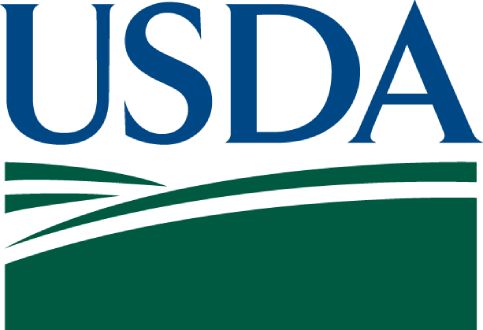U.S. Department of Agriculture, Food and Nutrition Service

Under these programs, millions of American students receive a free or reduced-price lunch and/or breakfast every school day.
Concerns about program integrity led to studies in the past decade to determine whether many students in the program were in fact ineligible for benefits. School Food Authorities verify eligibility by requiring documentation of income or receipt of Supplemental Nutrition Assistance Program (SNAP) benefits or cash assistance from a small sample of households. This process may identify errors in each district but does not provide data on the accuracy of benefit determination nationwide.
This study is evaluating the accuracy of the school meals application verification process by updating and expanding on work Mathematica completed in 2004. The research team is conducting in-depth case studies with a sample of 20 school districts of varying sizes and characteristics. Data collection includes a survey of approximately 1,500 households, district interviews, and analyses of school district records.
Research questions include the following:
- What were the income levels of households that were initially approved on the basis of income provided on an application, selected for verification, and did not respond to requests for income documentation?
- What were the income levels of households that were initially approved on the basis of income, selected for verification, and had benefit levels unchanged as a result of the verification process?
- What reasons prompted applications to be selected for verification for cause?
- How many households reapply after they are denied benefits due to non-response or because their documentation did not support their claim for eligibility?
Related Staff
Efficiency Meets Impact.
That's Progress Together.
To solve their most pressing challenges, organizations turn to Mathematica for deeply integrated expertise. We bring together subject matter and policy experts, data scientists, methodologists, and technologists who work across topics and sectors to help our partners design, improve, and scale evidence-based solutions.
Work With Us

